Do you have a loved one with memory loss or Alzheimer’s disease (AD)? Chances are that you do—or soon will—know someone on that journey. Have you ever thought about packing memories for the journey of memory loss? Knowing the progressive stages of AD, I think it makes sense to pack some of the things we are apt to lose along the way.
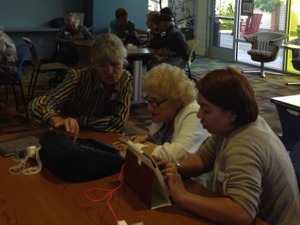 My experience over the past few years is that it can be both easy and fun to help our loved ones prepare for this journey. What we pack might look different for everyone, and how we use it might be different on different days. With new communication and technology tools, and our help, our loved ones can step into their memory loss journey with their bags packed full of personalized mental comfort.
My experience over the past few years is that it can be both easy and fun to help our loved ones prepare for this journey. What we pack might look different for everyone, and how we use it might be different on different days. With new communication and technology tools, and our help, our loved ones can step into their memory loss journey with their bags packed full of personalized mental comfort.
The way I choose to collect these memories is with an iPad and a series of apps centered in four different activity areas. While working with older adults and technology, I began to notice the intense engagement that was occurring with tablets, especially for individuals with memory loss. Specifically, I work with apps in the areas of music, life stories, games and images. I chose these areas for their benefits to people with memory loss.
For example, the life stories activities are based on reminiscence. Reminiscence plays an important role in successful aging and helps people move to a more reflective inner awareness that can help transcend physical and mental limitations of aging. Individuals with memory loss typically lose their short-term memory first; however, when reminded, they are often (depending on the stage) able to share the joy of reliving those cherished memories.
You might want to start by recording a story. Many older adults are not fond of being videotaped, but if you provide pictures and then record conversations over the pictures, you end up with images and a narrative, similar to a video. I do this with the app Swaha, available in the Apple app store under iPhone only. Swaha is quick and easy, and your stories can be private or public. Don’t worry about making it perfect. Individuals with memory loss may have problems accessing words, so if they stumble or lose words, just prompt your loved ones or start again. A good story length is about five minutes.
An important point here is that it is should be enjoyable to do the initial story. After you finish, it will be fun to share that story with friends and family near and far—and fun to hear it again and again. In fact, as storage, recall, and memory abilities diminish over time, those stories may become new again, still evoking that cherished memory feeling.
June is Alzheimer’s & Brain Awareness Month, and one of its goals is to bring to those families caring for loved ones with this disease greater awareness of the predicaments and situations they will face. It might be a good time to plan ahead and help a loved one “pack memories for the journey.”
 Debby Dodds, MS, is an innovative gerontologist who was inspired to leverage personal technology in new ways to create better engagement between those living with memory loss and their caregivers. She created the TouchTEAM Workshops, an activity-based exploration of apps that are beneficial to forgetful older adults and those who care for them.
Debby Dodds, MS, is an innovative gerontologist who was inspired to leverage personal technology in new ways to create better engagement between those living with memory loss and their caregivers. She created the TouchTEAM Workshops, an activity-based exploration of apps that are beneficial to forgetful older adults and those who care for them.

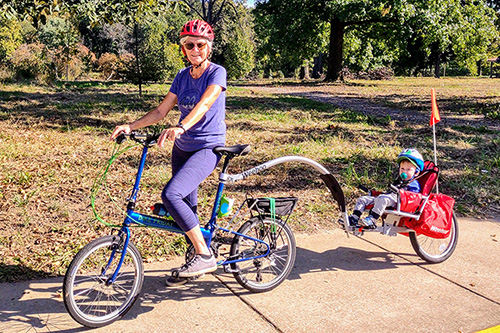
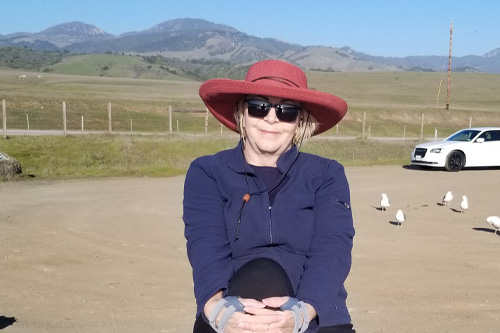
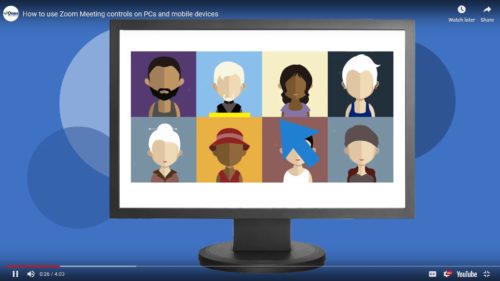
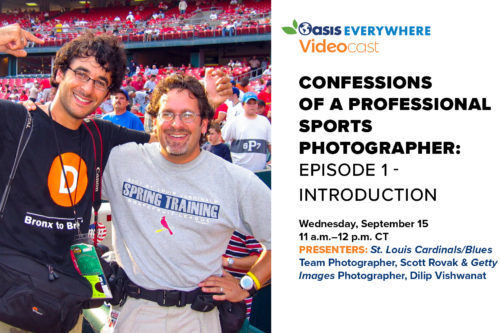
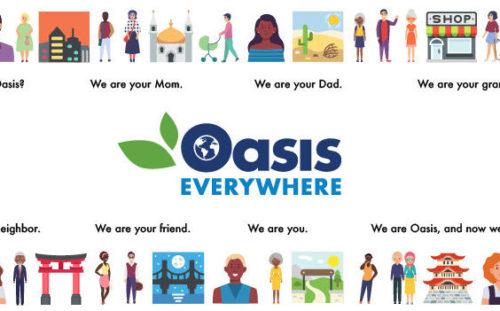
Leave A Comment
You must be logged in to post a comment.